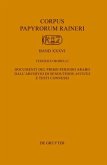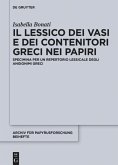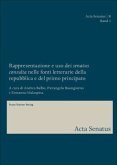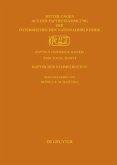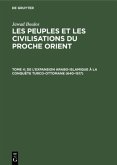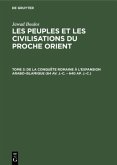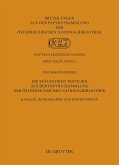The book collects the prices of materials and craft products preserved in Greek, Latin, Coptic and Arabic documents from Egypt, but also from other areas of the late antique and early Arab Mediterranean world, for the period between the late 4th and the late 8th century AD. The eleven chapters dedicated to textiles, leather, wood, metals, building materials, ceramics etc., are followed by indexes of cited papyri, products and subjects. The amount of data presented has no parallel in earlier literature and gives a detailed, in-depth and articulated picture of the costs of a number of products that goes far beyond what can be found in other studies of this kind. Additionally, the work discusses the interpretation of several hundreds of documents, proposes over 200 new readings and new dating of texts, and analyses a wide range of aspects related to material culture, lexicographical issues, modes of production etc. By making available to non-specialists of papyrology a huge amount of reliable, comprehensive and contextualised data, the volume is going to constitute an essential point of reference for the economic history of the period, but also for comparative studies on prices in different periods and geographical areas.
Hinweis: Dieser Artikel kann nur an eine deutsche Lieferadresse ausgeliefert werden.
Hinweis: Dieser Artikel kann nur an eine deutsche Lieferadresse ausgeliefert werden.


